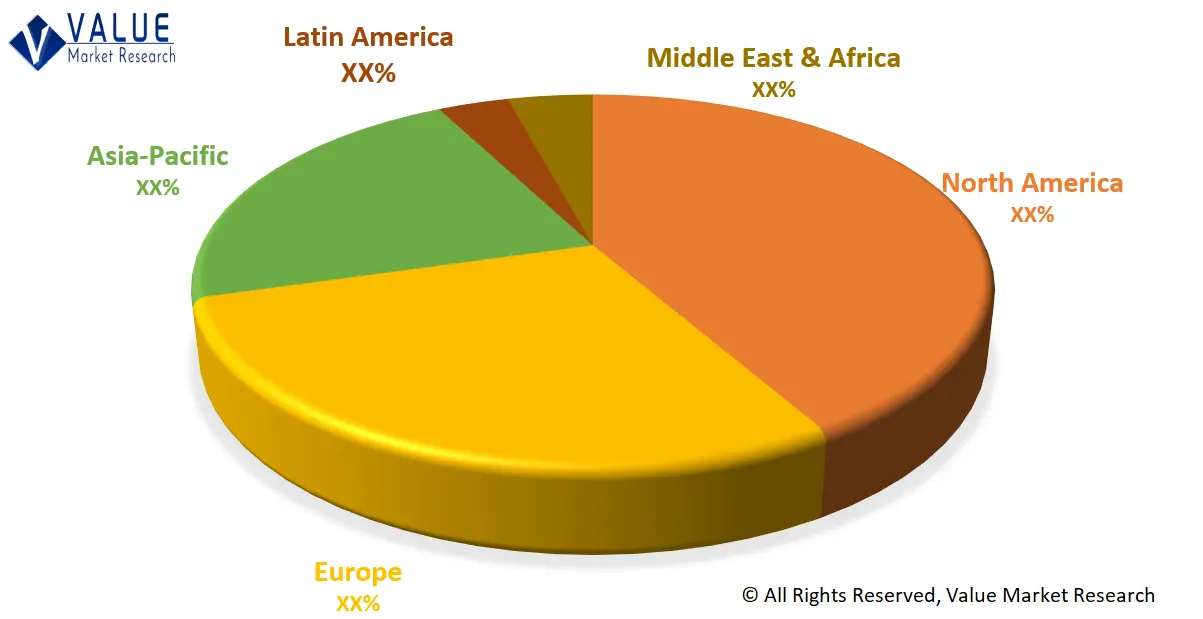The global demand for Autonomous Cargo Ships Market is presumed to reach the market size of nearly USD XX MN by 2030 from USD XX MN in 2022 with a CAGR of XX% under the study period 2023 - 2030.
Autonomous cargo ships are vessels that are capable of navigating and carrying cargo without the need for a crew on board. These ships use advanced technologies, including artificial intelligence, machine learning, and robotics, to navigate, control and monitor their operations. Autonomous cargo ships are designed to operate in a variety of conditions, including open sea and congested waterways, and are intended to improve efficiency and reduce costs associated with human labour, maintenance, and operation. These ships can be remotely controlled and monitored from a central location or from another vessel, reducing the need for crew and allowing for more efficient cargo transportation. The use of autonomous cargo ships is still in its early stages, with several pilot projects and experimental vessels being developed and tested by various companies and organizations.
Market Dynamics
The autonomous cargo ships market is rising as it has the potential for cost savings. By eliminating the need for the crew on board, autonomous cargo ships can reduce labour costs, decrease the risk of accidents and injuries, and lower maintenance and fuel expenses. These cost savings can be significant and are especially attractive to shipping companies looking to reduce their operating expenses. The global demand for cargo transportation is increasing due to factors such as global trade, population growth, and urbanization. Autonomous cargo ships can help to meet this growing demand and improve the efficiency of cargo transportation, especially for longer routes. Rapid advancements in technology, including artificial intelligence, machine learning, and advanced sensors, have made autonomous cargo ships a viable and attractive option for shipping companies. These technologies have enabled the development of advanced navigation systems, predictive maintenance, and real-time monitoring, all of which can improve the safety, efficiency, and reliability of autonomous cargo ships. Autonomous cargo ships can potentially reduce the environmental impact of cargo transportation by improving fuel efficiency and reducing greenhouse gas emissions. This is especially important given the growing climatic concerns. Several governments around the world are providing support for the development and adoption of autonomous cargo ships through funding, incentives, and regulatory support. This has helped to accelerate the development of autonomous cargo ships and make them a more attractive option for shipping companies.
The research report covers Porter's Five Forces Model, Market Attractiveness Analysis, and Value Chain analysis. These tools help to get a clear picture of the industry's structure and evaluate the competition attractiveness at a global level. Additionally, these tools also give an inclusive assessment of each segment in the global market of autonomous cargo ships. The growth and trends of autonomous cargo ships industry provide a holistic approach to this study.
Market Segmentation
This section of the autonomous cargo ships market report provides detailed data on the segments at country and regional level, thereby assisting the strategist in identifying the target demographics for the respective product or services with the upcoming opportunities.
By Product Type
- Remote Control Ships
- Fully Autonomous Ships
- Others
By Application
- Commercial
- Military & Security
Regional Analysis
This section covers the regional outlook, which accentuates current and future demand for the Autonomous Cargo Ships market across North America, Europe, Asia-Pacific, Latin America, and Middle East & Africa. Further, the report focuses on demand, estimation, and forecast for individual application segments across all the prominent regions.
Global Autonomous Cargo Ships Market Share by Region (Representative Graph)

The research report also covers the comprehensive profiles of the key players in the market and an in-depth view of the competitive landscape worldwide. The major players in the autonomous cargo ships market include ASV, DARPA, HNA Group, Kongsberg, Mitsui OSK Lines, NYK Line, Rolls-Royce. This section consists of a holistic view of the competitive landscape that includes various strategic developments such as key mergers & acquisitions, future capacities, partnerships, financial overviews, collaborations, new product developments, new product launches, and other developments.
In case you have any custom requirements, do write to us. Our research team can offer a customized report as per your need.

